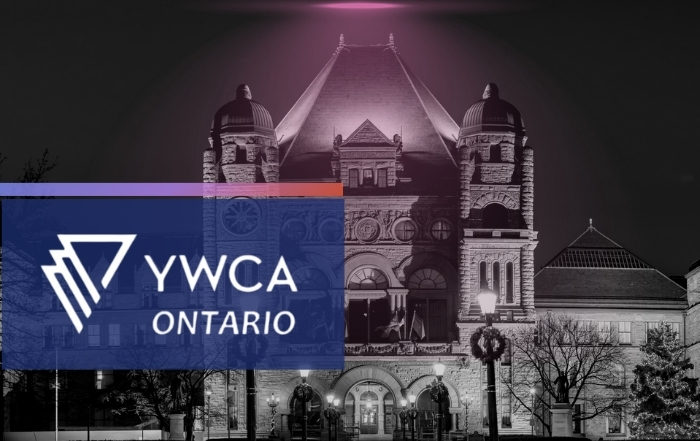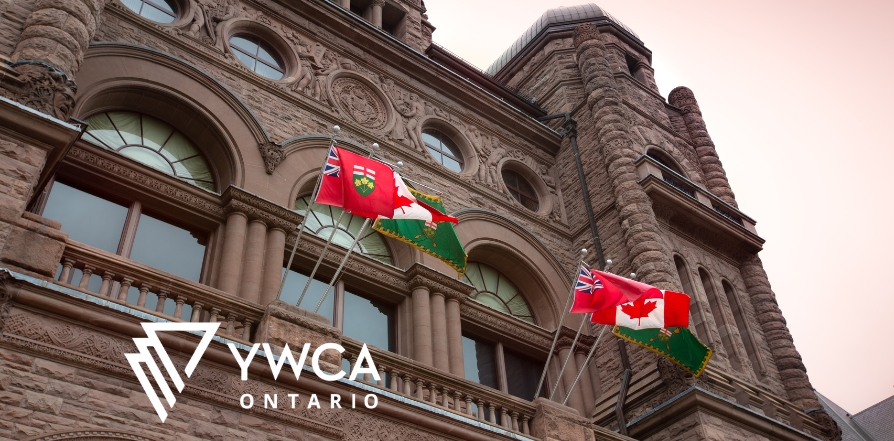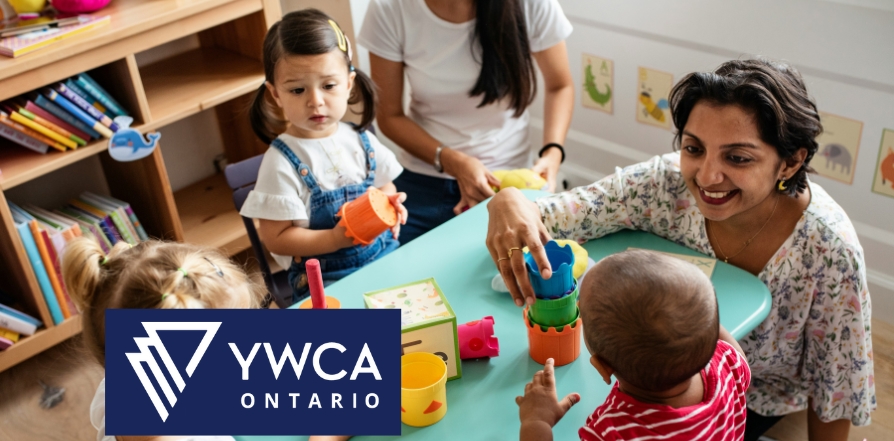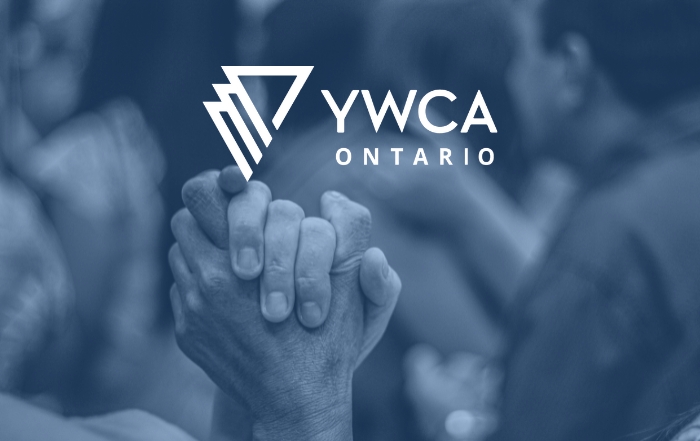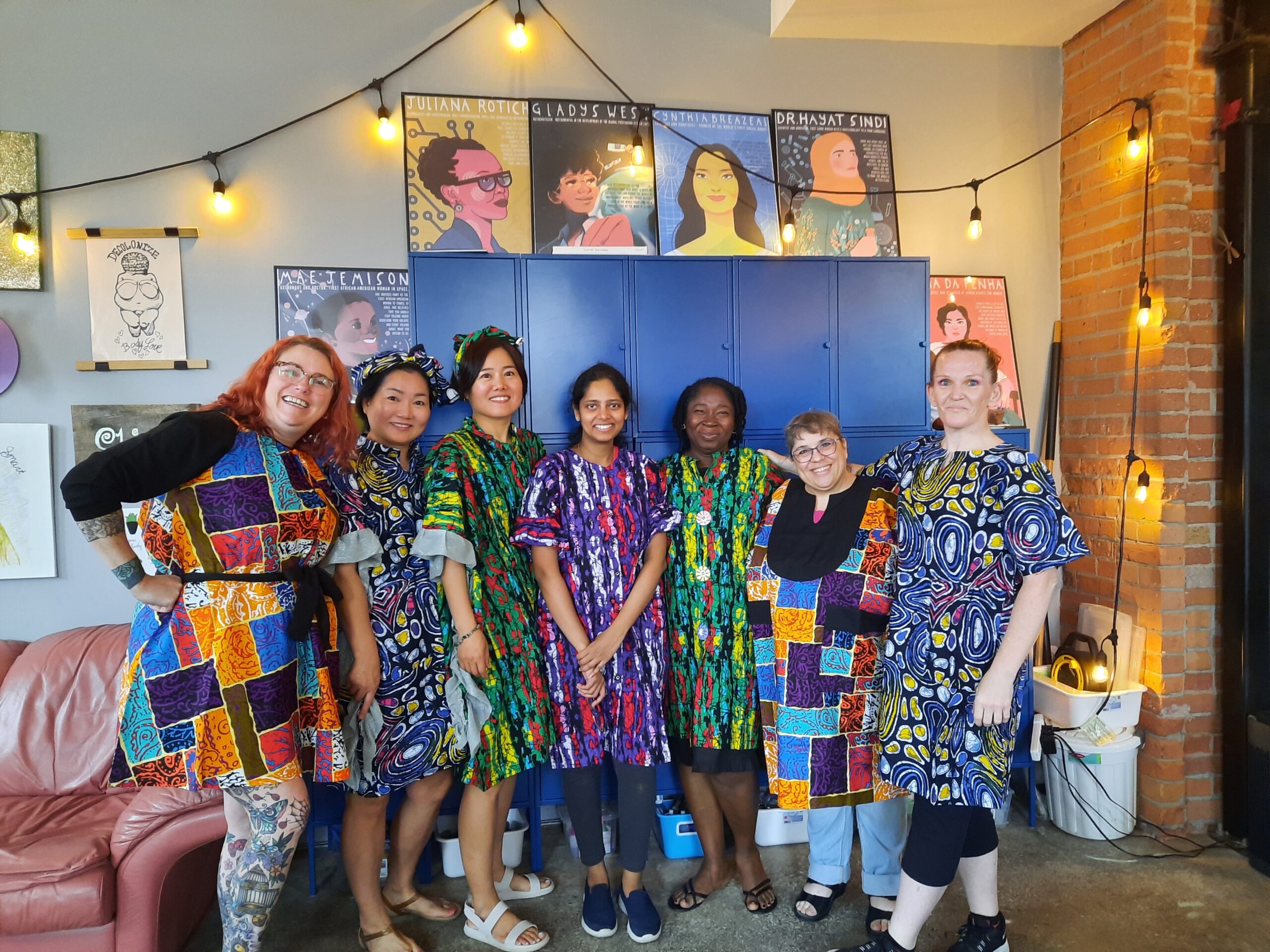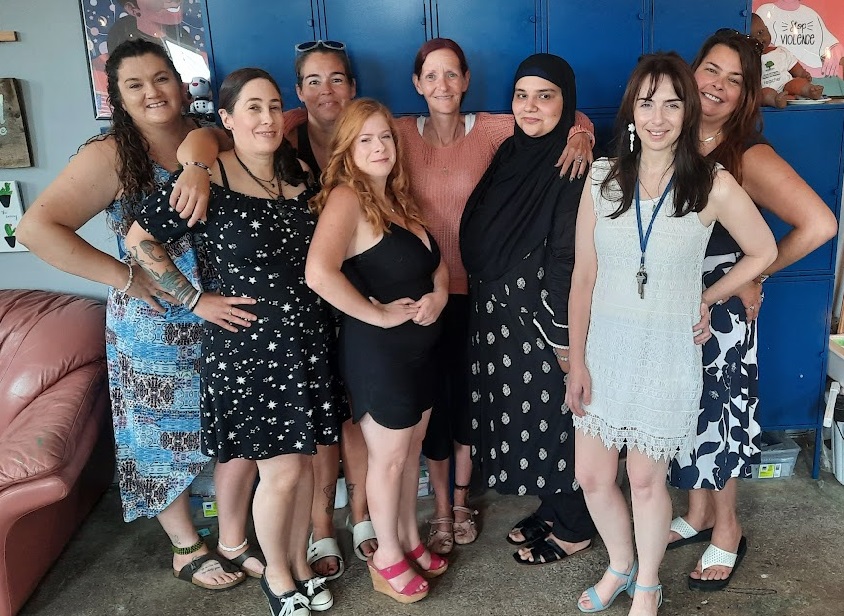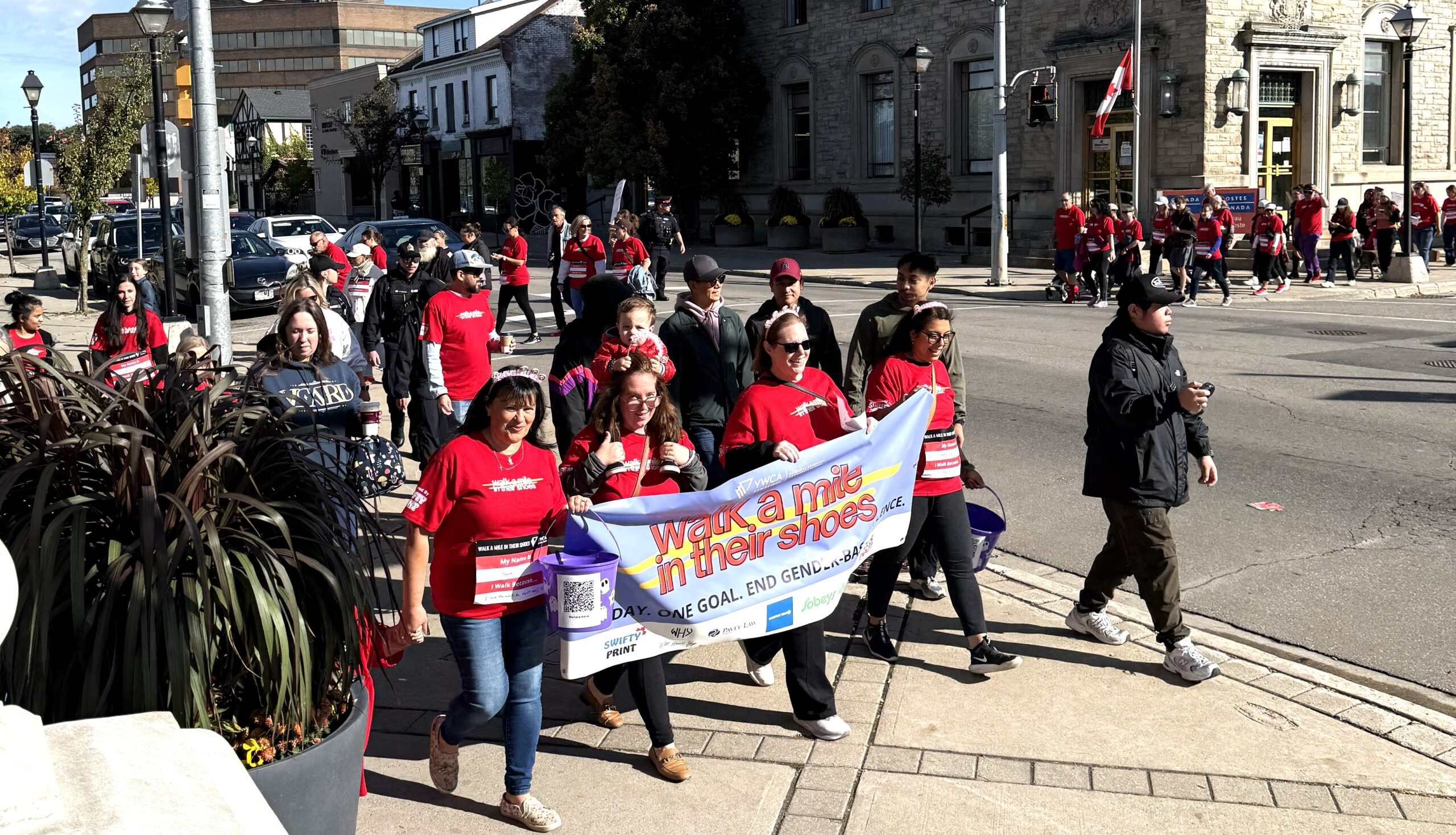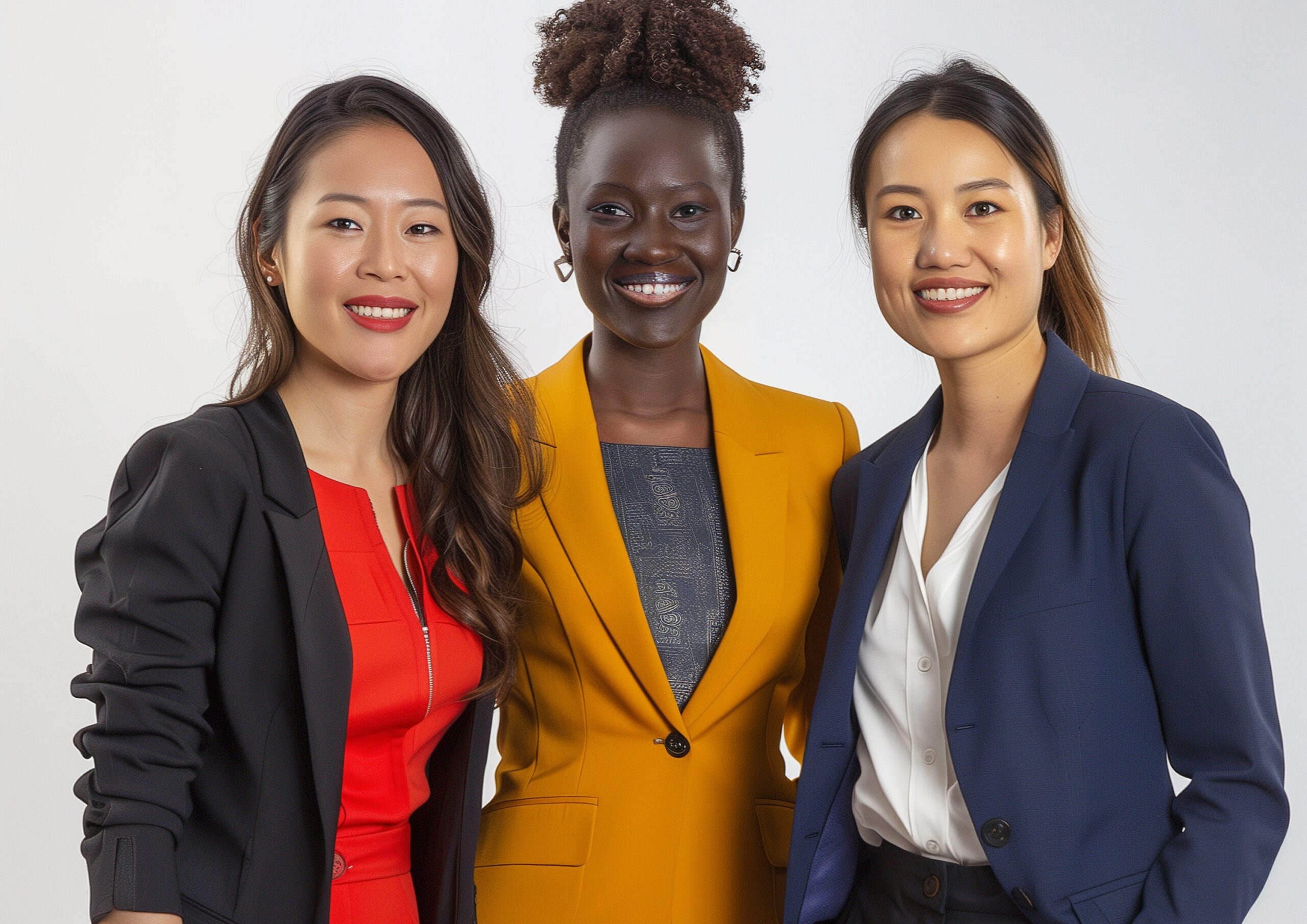As a feminist, multiservice organization dedicated to dismantling gender-based violence, YWCA Cambridge stands in solidarity with EM and all survivors of sexual assault in the wake of the recent Hockey Canada trial and its outcomes. We acknowledge the profound disappointment, anger, and re-traumatization that these verdicts have caused, not only for the complainant, EM, in this case, but for countless survivors who have bravely navigated a legal system often ill-equipped to deliver justice in such cases.
We are not legal experts; however, the outcomes of this trial, while disheartening, are not surprising to those of us working in the gender-based violence sector. They compel us to confront critical questions about the very fabric of our justice system concerning sexual assault cases.
As Cambridge South-Hespeler MPP and former prosecutor, Jess Dixon aptly noted in a recent social media post, the criminal justice system is designed to protect the rights of the accused, given their liberty is at stake, and this can mean, “some harms are never legally named or recognized.” We at YWCA Cambridge believe this fact highlights a crucial national conversation we need to have: are the courts the place for sexual assault cases when they so often lead to survivors facing re-trauamatization, skepticism and victim-blaming?
It is time for fundamental, survivor-centered, reforms in our justice system, for trauma-informed practices – for judges, prosecutors, defence councils, for police. It is time for systems that prioritize protecting people over power.
The pervasive narrative emerging from this trial reinforces a deeply troubling reality: the burden of proof placed on survivors is often insurmountable, requiring a “perfect victim” whose memory is infallible and whose reactions align with societal – often stereotypical – expectations. This ignores the well-established impacts of trauma on memory, which can lead to non-linear recall and fragmented details. It also weaponizes natural human responses to intimidation, such as fight, flight, freeze and fawn, against survivors within a legal framework that prioritizes chronological consistency over lived experience. EM was a woman alone in a room with multiple male hockey players, some of whom must have known what they were doing was at least questionable, having made sure to record EM on video saying she “consented” to what was taking place in that hotel room.
The Hockey Canada Trial highlights that this is not just about our justice system. It’s also about a deeply entrenched hockey culture of toxic masculinity and entitlement, a culture rife with glorification of hyper masculinity and misogyny, all protected behind an unspoken code of silence, loyalty, and the dismissal of harm.
Combating this culture is an enormous task. It will take all of us to question and speak out, hold each other accountable — siblings, spouses, coaches, teammates, parents. We all play a role. One teammate to say, “no, this isn’t right.” One parent to say “I don’t accept this.” One sister to say, “that could have been me.”
A not-guilty verdict should not be cause for celebration, but for reckoning and reflection, for accountability and reparations.
We refuse to accept this as the end of the conversation. We must challenge institutions to step up and implement meaningful change that extends far beyond internal reviews, that leads to a fundamental shift in culture, policy, and accountability mechanisms that prioritize safety and respect.
This moment underscores the importance of prevention work with young people. By engaging with youth, we can challenge harmful norms, foster conversations about healthy relationships, consent, and respect, and empower them to be allies in preventing gender-based violence. This includes educating them on power dynamics, and the nuances of consent.
To survivors reading this, we believe you. Your experiences, though often disbelieved and scrutinized, are valid and real. We acknowledge the tireless efforts of agencies and individuals – like our local partner, the Sexual Assault Support Centre of Waterloo Region and their incredible staff and volunteers – who show up every day to offer support to survivors who so often feel there is nowhere to turn for justice or closure.
This moment, while devastating, is an opportunity for collective reflection and action. We must ask: given this public display of the consequences of coming forward, why would any survivor take the risk? How do we shift the burden away from the “perfect victim” and towards genuine accountability for perpetrators and complicit institutions?
We urge men, in particular, to engage in dialogue, educate yourselves, and actively challenge misogynistic attitudes and behaviours – including questioning the meaning and qualities of “masculinity” – within your communities and institutions. This is not about “cancel culture”; it is about human decency, accountability, and creating a world where everyone feels safe and valued and understands their own personal obligations to uphold mutual respect.
This cannot be the end. Let what EM has endured, what all of us have witnessed, be a catalyst for a nation-wide dialogue about long overdue systemic change. YWCA Cambridge is committed to continuing this fight and supporting survivors every step of the way.


